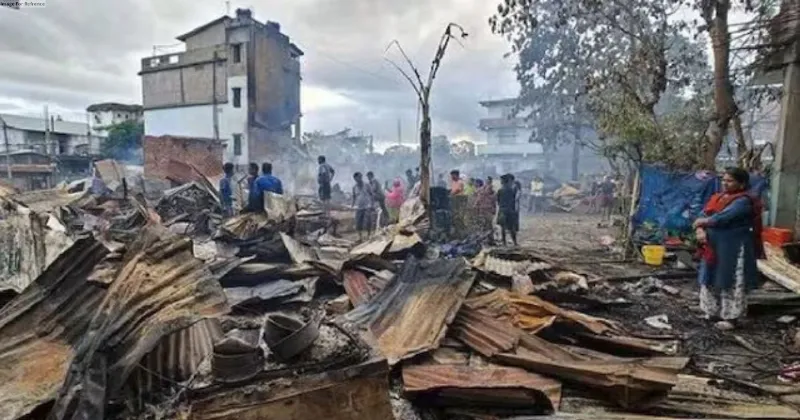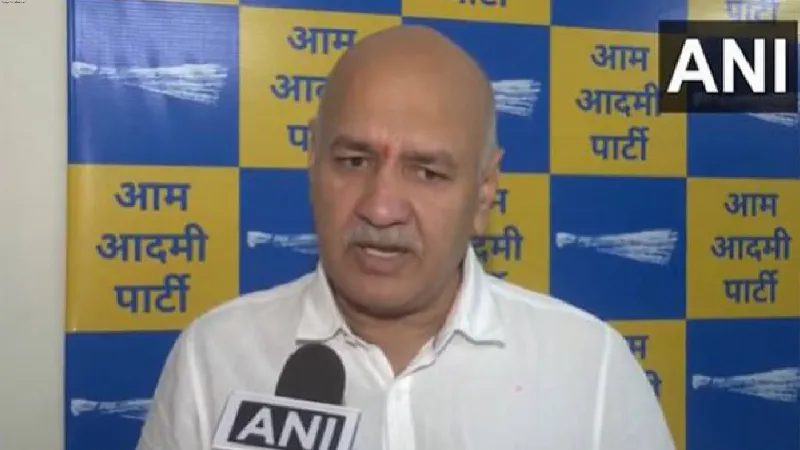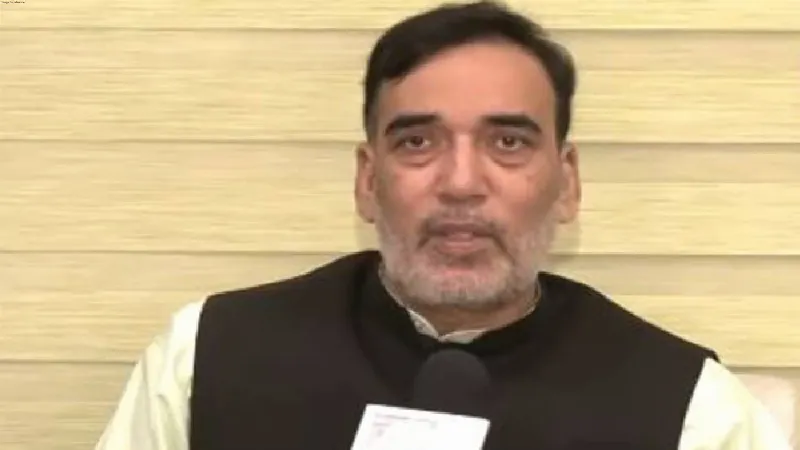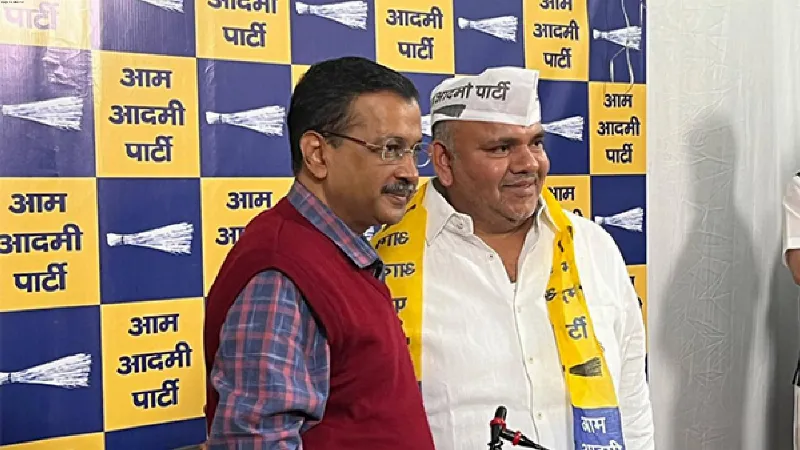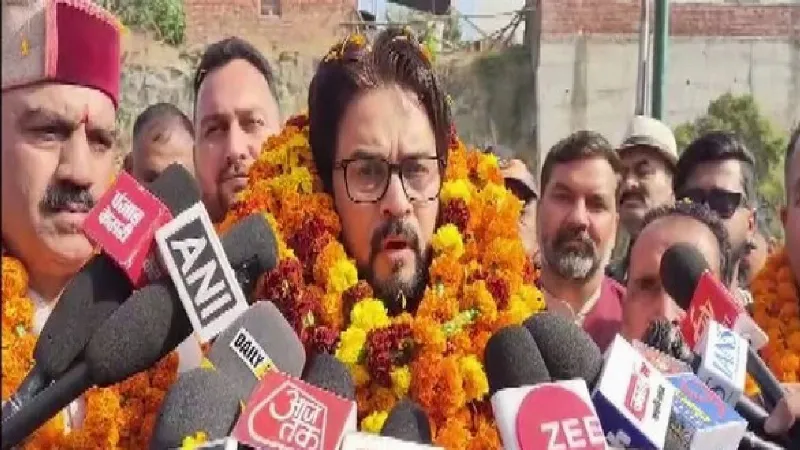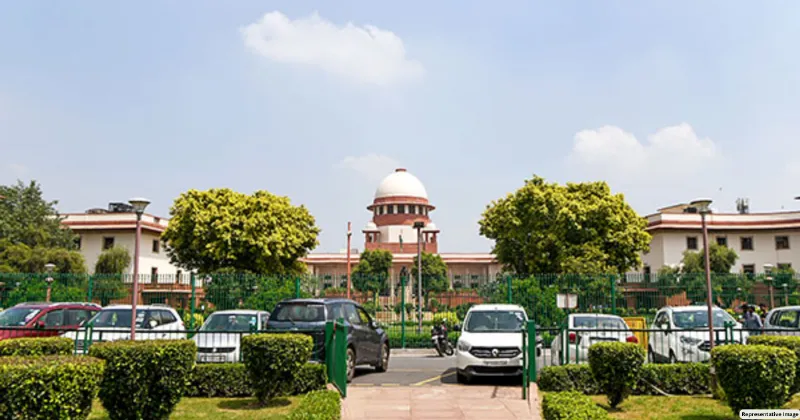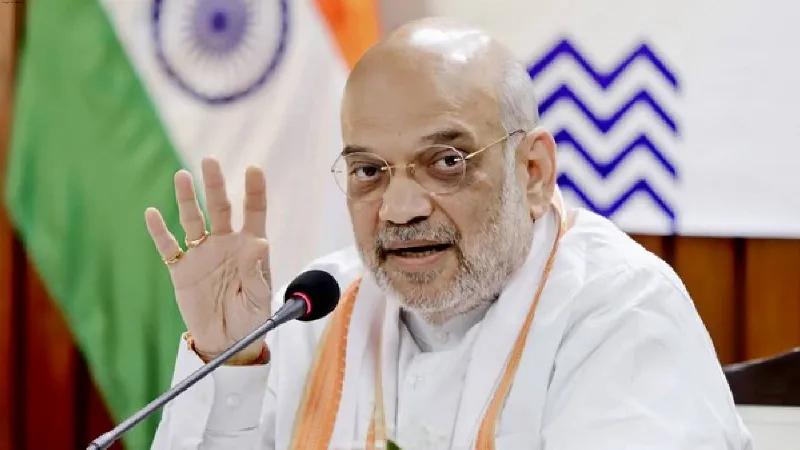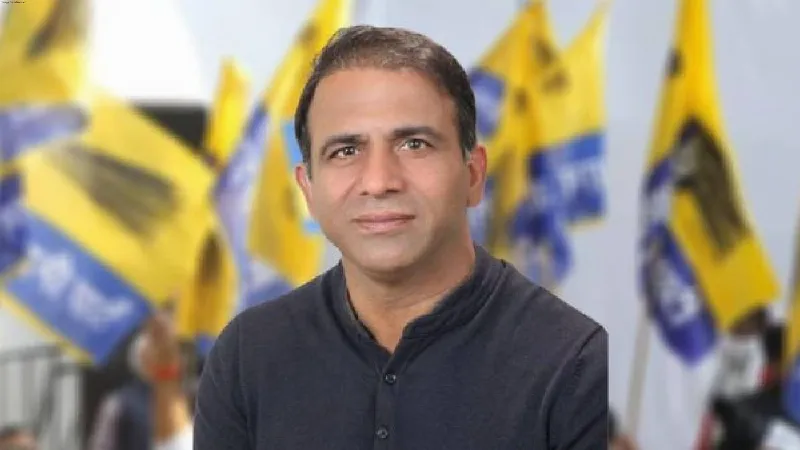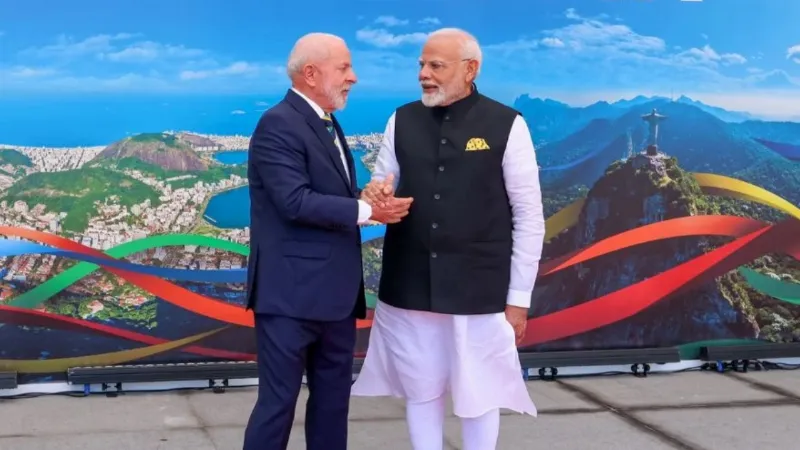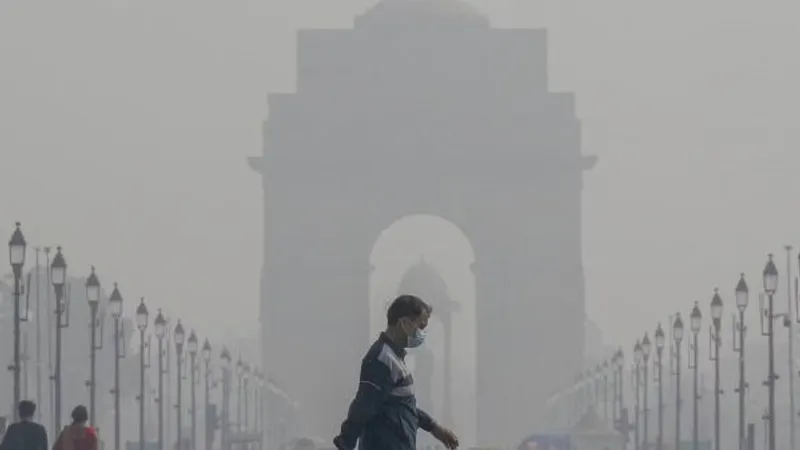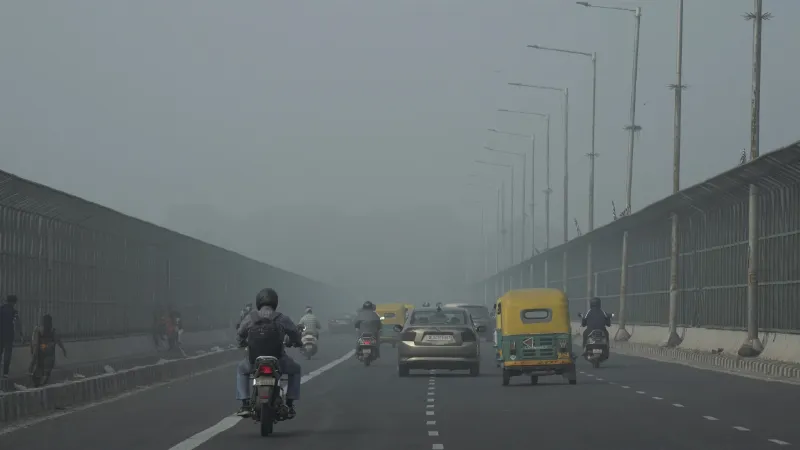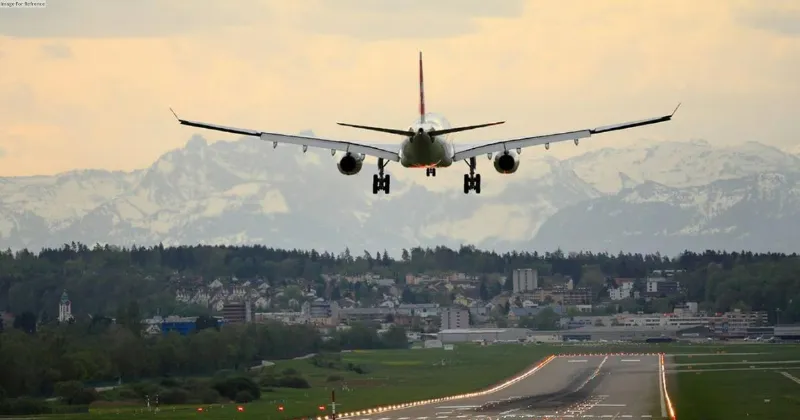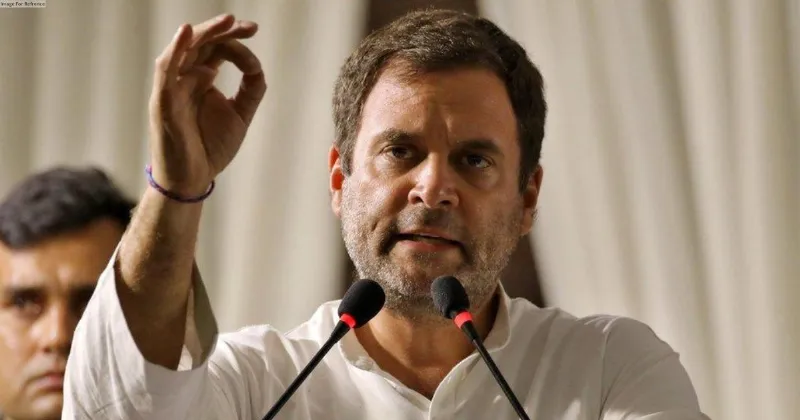"GRAP 3 won't be implemented for now," says Delhi Environment Min Gopal Rai amid rising air pollution
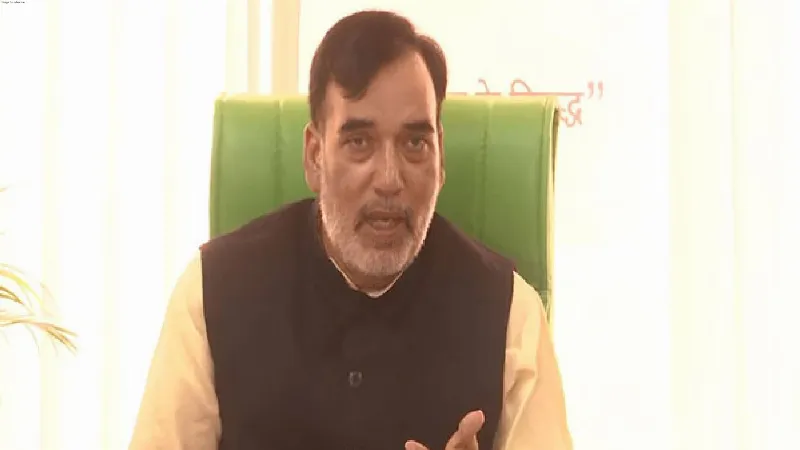
New Delhi: Amid the alarming rate of pollution in the national capital, Delhi Environment Minister Gopal Rai on Thursday asserted that the government will not impose the third phase of the Graded Response Action Plan (GRAP-III) for now. This decision was taken after a meeting was conducted by the Commission for Air Quality Management (CAQM) on GRAP-III.
GRAP 3 is usually implemented when the air pollution reaches the "severe" category. Under this plan, there is a ban on construction and demolition, state governments may discontinue in-person classes up to Class 5 and there is an emphasis on public transportation.
Environment Minister added that this decision was taken after the prediction of improvement in the weather conditions which may eventually lower the AQI index in the city.
However, he affirmed that the government has again issued instructions to all departments to strictly and effectively follow the provisions of the GRAP-II in order to control the pollution in Delhi.
Addressing a press conference, Gopal Rai said, "Yesterday, a meeting was conducted by the Commission for Air Quality Management (CAQM) on GRAP 3 and after analysing situations, it was decided that the (Graded Response Action Plan-III) GRAP-III will not implemented in Delhi. All the schemes of the different departments will be continued according to the GRAP-II. We have again issued instructions to all departments to effectively and strictly follow the provisions given as per GRAP-II so that we would not be in a situation to reach GRAP-III. The government is effectively monitoring the situation. We are trying that pollution does not reach into the 'severe' category by effectively issuing the rules of GRAP-II.... But if the weather changes and AQI increases, then the government will take strict actions to curb pollution and save the people."
As the AQI of Delhi remained in the 'severe' category for a second in a row, Minister Gopal Rai asserted two main reasons behind the increase in pollution - 'Decreased temperature' and 'Decreased wind speed'.
Citing predictions, he stated that there is a chance that the level of pollution can decrease in Delhi.
"We have kept a report of two days after analysing it, according to which the rise in the level of air pollution is majorly due to the downfall in Delhi's temperature after a snowfall in the mountainous areas, which has resulted in the fog conditions in the morning and evening time in Delhi. The second reason is that decrease in the speed of the wind... Due to these two reasons, a layer of smog is created in the clouds and there is an increase in the level of air pollution. The pollutants have dispersed and formed a layer. But, it is predicted that there will be a decrease in the level of pollution due to rising temperatures.... The speed of the wind has also got a little increase.... Overall, there is a chance that the level of pollution which was increased, will get decreased," he said.
Earlier today, a dense layer of smog enveloped the national capital as the pollution levels continued to rise. The AQI level in Delhi at 1 pm was 425, as per the Central Pollution Control Board (CPCB).
According to the India Meteorological Department, increased wind activity may help lower pollutant concentrations, with AQI expected to improve to the "very poor" category.
The AQI turned "severe" for the first time this season on Wednesday, with the Commission for Air Quality Management describing the situation as an "episodic event" of "unprecedented extremely dense fog."
Delhi has been continuously battling with air pollution for the last 14 days, post-Diwali.

